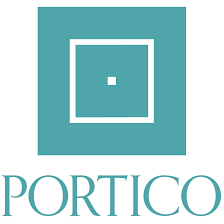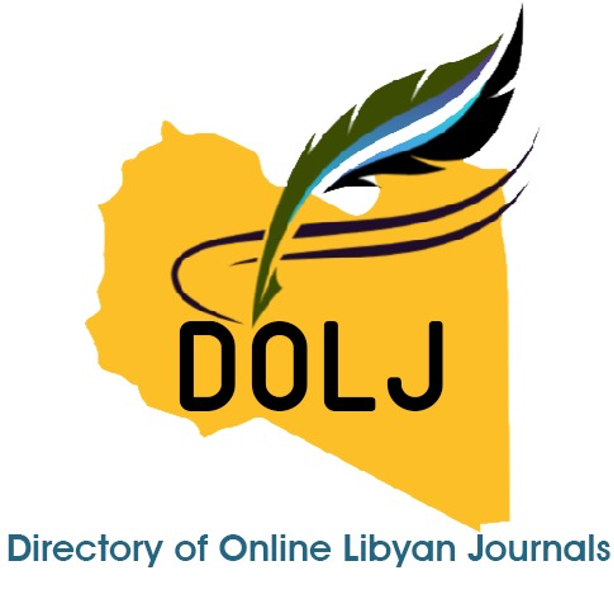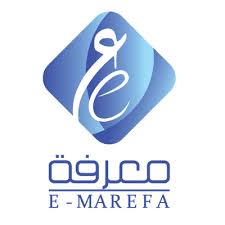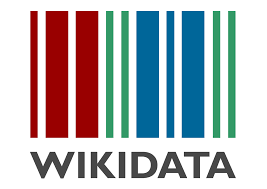Plagiarism Policy
Introduction
The Faculty of Arts Journal at the University of Misurata is committed to promoting a culture of originality, respect for intellectual property, and ethical conduct in all aspects of scholarly publishing. This policy outlines the journal’s position on plagiarism, the consequences of engaging in such practices, and the procedures followed to detect and address plagiarism cases.
Definition of Plagiarism
Plagiarism refers to the use of another person's work, ideas, or intellectual property without proper attribution or permission, presenting it as one’s own. This includes, but is not limited to:
- Direct copying: Verbatim copying of text from a source without quotation marks and appropriate citation.
- Paraphrasing: Rewriting another person’s ideas or text in your own words without proper attribution.
- Self-plagiarism: Reusing one’s own previously published work without disclosure or citation.
- Fabrication: Falsifying or fabricating research data or results.
Policy Guidelines
- Originality Requirement
All manuscripts submitted to the journal must be original and unpublished. Authors must ensure that their work is free from all forms of plagiarism and that all sources are cited appropriately. - Proper Citation
Authors are required to cite all sources of information, ideas, and direct quotations used in their manuscripts, following the APA 7th Edition referencing style. - Declaration of Originality
Authors must submit a signed declaration confirming that their manuscript is original and free from plagiarism. - Plagiarism Detection
The journal uses plagiarism detection tools to screen all submitted manuscripts. Manuscripts found to contain substantial plagiarism may be rejected or returned to the author for revision. - Response to Plagiarism
If plagiarism is detected in a manuscript, the following steps may be taken:
- The manuscript will be returned to the author with detailed comments on the plagiarism issues.
- The author will be required to revise and resubmit the manuscript with proper citation and attribution.
- In severe cases, the manuscript may be rejected, and the author may be prohibited from submitting future work to the journal.
- Appeal Process
Authors who believe their work has been unfairly accused of plagiarism may appeal the decision. Appeals must be submitted in writing to the Editor-in-Chief, explaining the reasons for the objection. The editorial board will review the appeal and issue a final decision.
Consequences of Plagiarism
Plagiarism undermines the integrity of academic and intellectual work. The Faculty of Arts Journal at the University of Misurata applies strict measures to maintain the trust of readers and the quality of publications. Consequences of engaging in plagiarism may include:
- Rejection of the manuscript
- Suspension or termination of publication privileges
- Reporting the incident to relevant academic and professional institutions
- Public retraction of the published article
Contact Us
For any questions or concerns regarding this policy, or for assistance in understanding proper citation practices, please contact us at: sjo@atr.misuratau.edu.ly
For the legal and ethical standards governing this policy, please refer to the journal’s general Publishing Policies.
- COPE Guidelines: https://publicationethics.org
- APA 7th Edition: https://apastyle.apa.org












